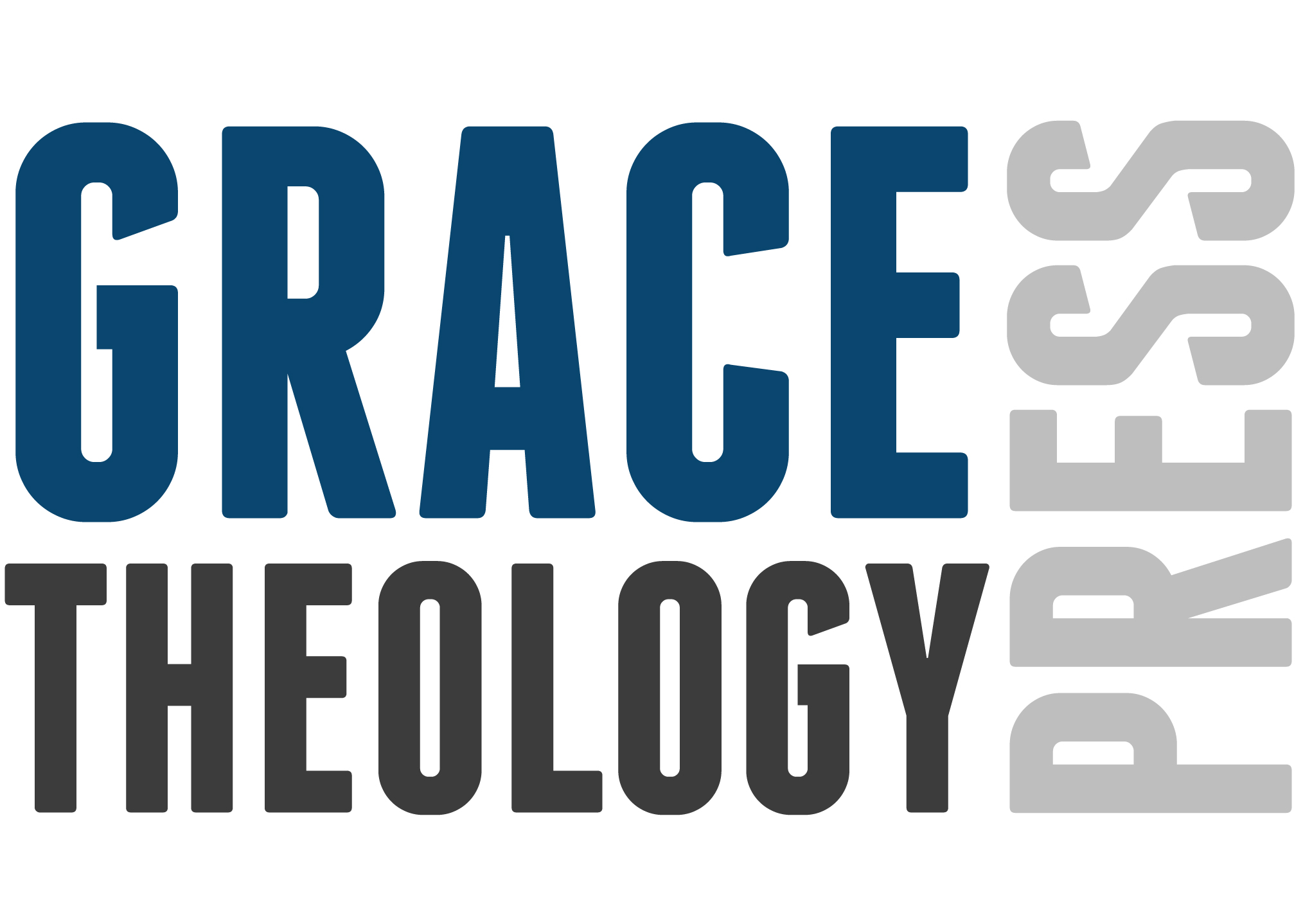Dr. Christopher Cone serves as Chief Academic Officer and Research Professor of Bible and Theology at Southern California Seminary as well as a pastor of San Diego Fellowship of the Bible (SDF) in San Diego, California. Dr. Cone formerly served as President of Tyndale Theological Seminary and Biblical Institute, Professor of Bible and Theology, and as a Pastor of Tyndale Bible Church. He also has held teaching positions at the University of North Texas, North Central Texas College, and Southern Bible Institute.
Can you give a thumbnail sketch of the method that you are advocating with Integrating Exegesis and Exposition?
Sure. I outline a nine-step process for handling the Word in a scientific manner, and then explain how we should maintain that quality and in-depth approach when we are communicating the Word to others. As it has been said, we certainly want to take the cookies off the top shelf and move them down a bit, but we want to be careful not to put them on the floor. We want people to stretch a little bit and to grow.
In practical terms that means we need to show our work. Explain to our audience and to learners how we arrived at our conclusions. Instead of saying “trust me, I studied this thoroughly,” we are saying, “don’t take my word for it – check out these things specifically in the text.”
Could you show us how this works out with a passage?
Sure. One chapter in the book addresses the distinction between description and prescription, which helps to answer how we can understand challenging passages like Matthew 28:18-20 in light of Matthew 21:2. When Jesus gives these commands, who is He talking to? What impact does this passage have on us today?
This is also a huge issue in understanding the book of Acts. We really can’t understand the book of Acts properly unless we recognize when the author is describing and when he is prescribing. These are just a few of many examples in the book.
How does this process validate your teaching position regarding Free Grace and Dispensational theologies?
That is a great question. I am loyal not to theological positions, but to God as revealed in His word. So any opinion or belief I have, I want it to be Biblical and not my own creation – nor anyone else’s. So this process – which is essentially just the logical outworking of a literal, grammatical, historical hermeneutic – is about just understanding what God has reveled in His word.
I believe the Bible, handled naturally in the way it was intended, teaches pretty clearly the basic ideas of grace as the free gift of God based on faith alone. Likewise, even those who oppose the view admit that if you handle the Bible in a consistently literal manner, you will arrive at dispensational conclusions. So rather than try to validate these positions, I am simply trying to handle the Bible accurately. I think the Bible validates those positions, even though there is certainly room for refinement in how we handle and explain the ideas of grace and dispensational thought.
Is there a role for Church history and tradition in our interpretation?
This is such a pivotal question. How one answers that question will largely determine many of their theological conclusions. The correct answer, I believe, is unequivocally no. If we read historical theology into the text, we are not doing exegesis, but instead we are studying what others have said about the text. While that can be helpful, historical theology has no authority in interpretation. To illustrate, the Catholic Catechism tells its adherents to interpret Scripture according to the interpretation of the church. It tells Catholics that they should not interpret the Bible for themselves, but that they should learn what the church says the Bible says, and then consider that as authoritative. And there is no middle ground – either the voices of others are authoritative in determining the meaning of the text or they are not.
Now, I am not suggesting we should be uninformed, nor am I suggesting that historical theology has no value – there is great value in that discipline as long as we employ it correctly, recognizing that while it helps us gain perspectives in many areas, it has no authority for the interpretation of the Biblical text.
What do you want people who buy the book to really get out of it?
I want readers to get a basic process for understanding the Bible, and to have a sense of confidence that God wrote the Bible to be understood. Also, I would like for readers to become sensitive to the reality that when we are communicating the Bible to others, we aren’t simply teaching or preaching material, we are preparing people for life, and we need to give them the tools to do life. God’s Word does that, and if this book helps readers to focus on helping others and to learn how to handle God’s Word for themselves, then I will be really pleased with that.
How can our audience connect with you and stay up to date on your ministry?
Probably the best way is through my website, drcone.com. I try to write regularly there, so they can read those articles, but also the books are available there as well. The church website is sandiegofellowship.org, and the school website is socalsem.edu. If people want to contact me directly, they can feel free to email me on the website (drcone.com). Because of my crazy schedule, I don’t always respond as quickly as I would like, but I love the interaction and I do respond. Would love to hear from your readers, and I have appreciated this opportunity to share with them.
Thank you to Dr. Cone for this interview.














